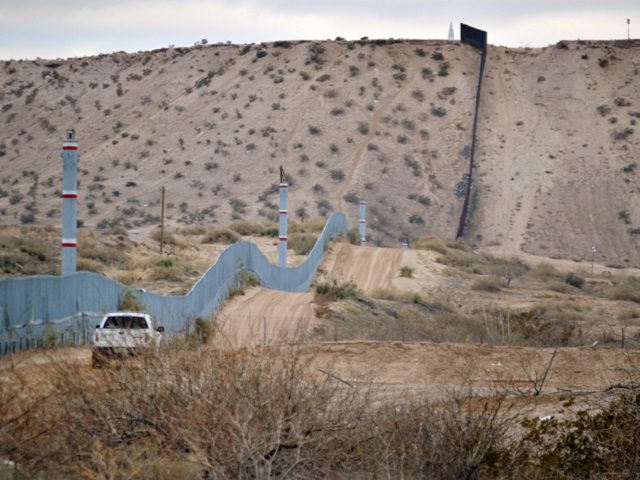ROME — A Nigerian bishop said Wednesday that he is in favor of border walls because they protect the lives of citizens and allow for controlled, legal migration.
Just days after the bishop of El Paso, Texas, proclaimed that the U.S. border wall is a “monument to hate,” Bishop Matthew Kukah of Sokoto, Nigeria, registered his disagreement, noting that sealed borders ensure that migration is carried out in an orderly fashion and protect law-abiding citizens from criminals.
“For me as a Nigerian, I would gladly recommend walls especially for the northern parts of Nigeria where thousands of murderers, bandits and outlaws have invaded and claimed the lives of hundreds of citizens, destroyed hundreds of communities and so on,” the bishop told Crux, an online Catholic news outlet.
The bishop indicated that he did not wish to cross Pope Francis, but merely to add some realism to the debate.
“To be sure, bridges are better than walls, but countries will have to make policies that protect their people,” Kukah said. “Walls may not necessarily mean that no one should come in, it is just that countries should be free to regulate immigration.”
“In the process, human dignity must be guaranteed while the rights to immigrants are duly respected,” he added.
As Breitbart News has reported, the approach of the African bishops toward migration is much different from that of the European bishops, since the Africans tend to discourage mass migration while the Europeans promote it as a positive thing.
“The saddest thing for us in Africa is that we are migrating without a vision, unlike the Asians for example,” Bishop Kukah said. “Many countries are doing their best to ensure that things change, but our continent is riddled with so much corruption that our leaders, bureaucrats and public servants are stealing even from the mouths of the dying. It is sad and really heart-breaking because things should not be the way they are.”
“No one can romanticize migration with all its dangers, but it is the ultimate manifestation of our state of despair,” he said.
“Our very corrupt leaders must outsource the duties of feeding, employment and looking after their citizens to other nations,” he said. “It is their selfish and divisive leadership styles that have made it impossible for even the most resource-endowed nations like Nigeria, South Africa, Democratic Republic of Congo and others to grow.”
Bishop Mark Seitz of El Paso, on the contrary, sees border walls as evil symbols of exclusion and racism, suggesting that porous borders are the humane choice.
The wall “is not just a tool of national security,” Seitz claimed in a recent pastoral letter. “More than that, the wall is a symbol of exclusion, especially when allied to an overt politics of xenophobia. It is an open wound through the middle of our sister cities of El Paso and Ciudad Juárez.”
“The wall deepens racially charged perceptions of how we understand the border as well as Mexicans and migrants,” he said. “It extends racist talk of an ‘invasion’. It perpetuates the racist myth that the area south of the border is dangerous and foreign and that we are merely passive observers in the growth of narco-violence and the trafficking of human beings and drugs.”

COMMENTS
Please let us know if you're having issues with commenting.